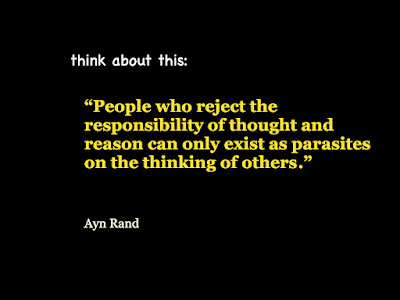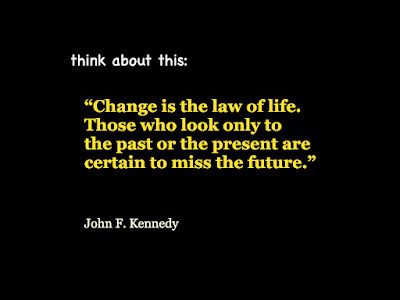This is what I was talking about in yesterday’s message – how you can’t be competitive with bummed out employees who are disengaged. In addition to all the good things you need to do to treat them right, the best of them all is to catch them doing things rights. You’re most likely (or you should be) teaching them how to do things right and coaching them as they practice getting it right. After all that, and while you’re doing all the other technical and administrative stuff on your list of daily to-dos, make time ( put it on your calendar so your phone reminds you to get up, walk around, get engaged, keep your eyes open, and catch your peeps doing things right. Nothing big… just eye contact and a heartfelt thank you. Or fist bump. Or whatever’s your natural way of letting them know you’re there and care. That was a concept we figured out in 1987 at the Golden Nugget with housekeeping attendants. They thought we thought their’s was unimportant work, maybe because we didn’t make a big deal of the hard work they did every day. But when we started catching them doing things right, thanking them, and backing that up with simple rewards, morale skyrocketed, absenteeism became manageable, and turnover plummeted. All because we let them know we appreciated their efforts. That ah-ha moment became the gist of a new approach to employee relations. I’ve told this story many times before, but it never gets old. Nor do simple acts of appreciation and encouragement ever lose their impact. Try it today.
Charles Robert Schwab Sr. (born 1937) is an American investor and financial executive.[1]
[1] The founder and chairman of the Charles Schwab Corporation, he pioneered discount sales of equity securities starting in 1975. His company became by far the largest discount securities dealer in the United States. He semi-retired from the company in 2008 when he stepped down as CEO, but he remains chairman and is the largest shareholder. As of 2025, his net worth is estimated by Forbes to be $11.2 billion, making him the 203rd richest person in the world.
























